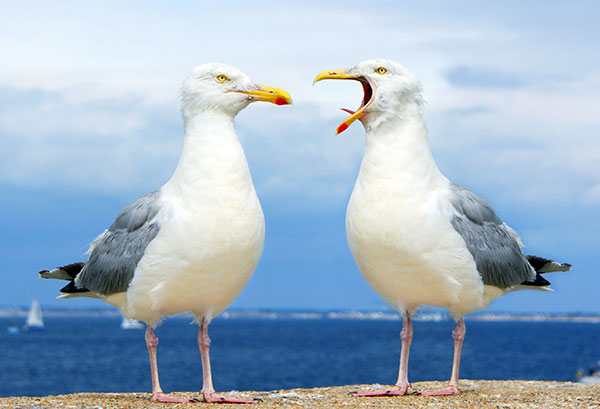
It is the way of most art—a piece of writing, movie, painting, dance, etc., etc.—that it is generally created to be experienced by others, and in so doing exposes itself to both public praise and criticism. That is inherently part of the art-making process. Moreover, this critical response comes to the artist, for the most part, by people you don’t know, and will never know. It is impersonal. These critics have little or no knowledge of how you created your art, why you did so, how long or how hard you worked to create it. Perhaps that’s how it should be: the art is experienced by how it is received. It is simply (more or less) liked or not liked.
When I first began to publish, critical responses (favorable and unfavorable) came from professional critics in journals, magazines, and newspapers. Nowadays, because of the internet, criticism comes from everywhere. Moreover, it has become the nature of internet criticism, (not just in the world of art) that people feel free to say anything, from lavish praise to dismissive insult. It can be wildly supportive, or bluntly cruel. I’ve experienced both.
(I’ve sometimes wondered when I read a very caustic negative review [not necessarily for one of my books] how the reviewer would like his or her work being reviewed by a casual passerby.)
One of the things that people do not fully grasp is that art—in whatever form—is rarely created by just one person. Next time you go to a movie, hang around and watch the final credits—the listing of the many, many people who were engaged in the making of the film. It is not so different from the making of a book. A publisher once told me that she estimated that some forty people have a hand in each published book. But published books of fiction, unless there are fulsome acknowledgements, rarely list all the people involved.
Yet criticism of a book is almost wholly aimed at the presumptive sole author of the book.
The question posted here is how do I respond to that criticism? If it’s positive, one can smile, and think “That’s nice. Thank you.” Moreover, a positive review helps sell the book, and bluntly, that’s how I make my living.
Negative criticism is much harder to absorb. But what I have learned is if—in the public criticism—a fair number of folks say the same thing, it is probably accurate. This is to say, the best criticism allows you to learn and get better at your art. That’s hard to do, but ultimately, necessary. That means a negative response can be much more helpful than a purely positive critique.
But the insulting, or dismissive responses can be very painful for the artist.
Many years ago a book of mine was published in England. The book—meant to be funny—had a line that involved baseball. Since baseball is not played in England, the English editor changed that baseball line to one that referenced soccer. When that book was reviewed in England, a critic who did not like it, quoted that very line to indicate why he thought my book was weak. And when True Confessions of Charlotte Doyle was published, one reviewer indicated that “If writer and editor had worked harder it would have been a better book.”
So the essential answer to this question is that I have learned to live with what is made of my work. If I can learn from it, great. If it’s insulting, well, I don’t so much turn the other cheek, I turn another page.
2 thoughts on “Q&A: How do you deal with criticism?”
This makes perfect sense! I’ve often heard, you’re not a true writer until you’ve had some work criticized. I like your comment regarding if some negative reviews form a consistent pattern, then pay attention to the criticism, as it may be valid. Even though the positive reviews make the author feel awesome and upbeat, we probably do learn more from the negative ones. But I would hope they are few and far between! 🙂
I know the difference between constructive or thoughtful well meaning comments that are not positive and the trolls that inhabit the echo chambers of the art world. The internet has made the latter voices much too loud. Creatives would do well to not engage with them.
Criticism that is well thought out is an opportunity to do better.